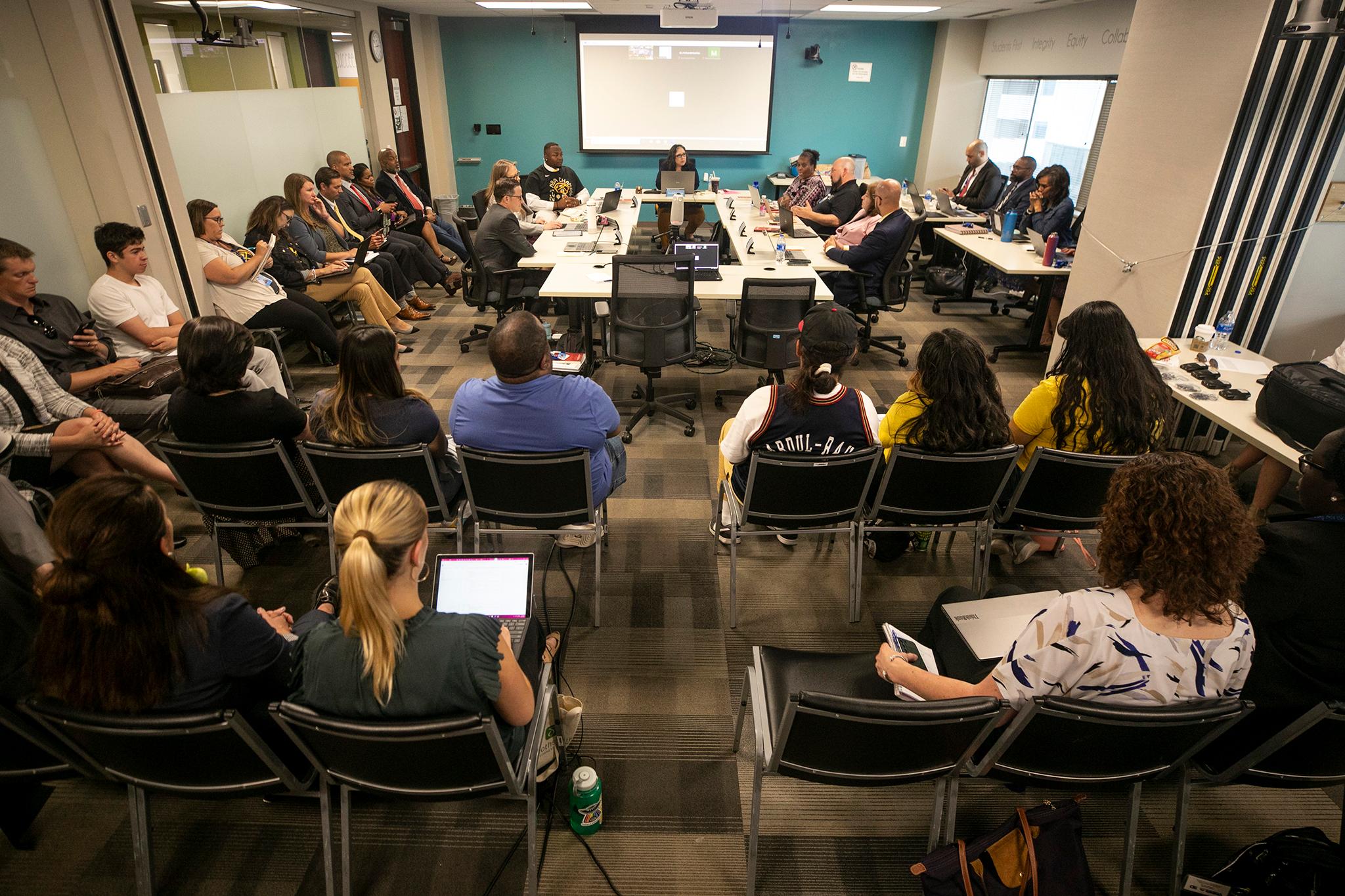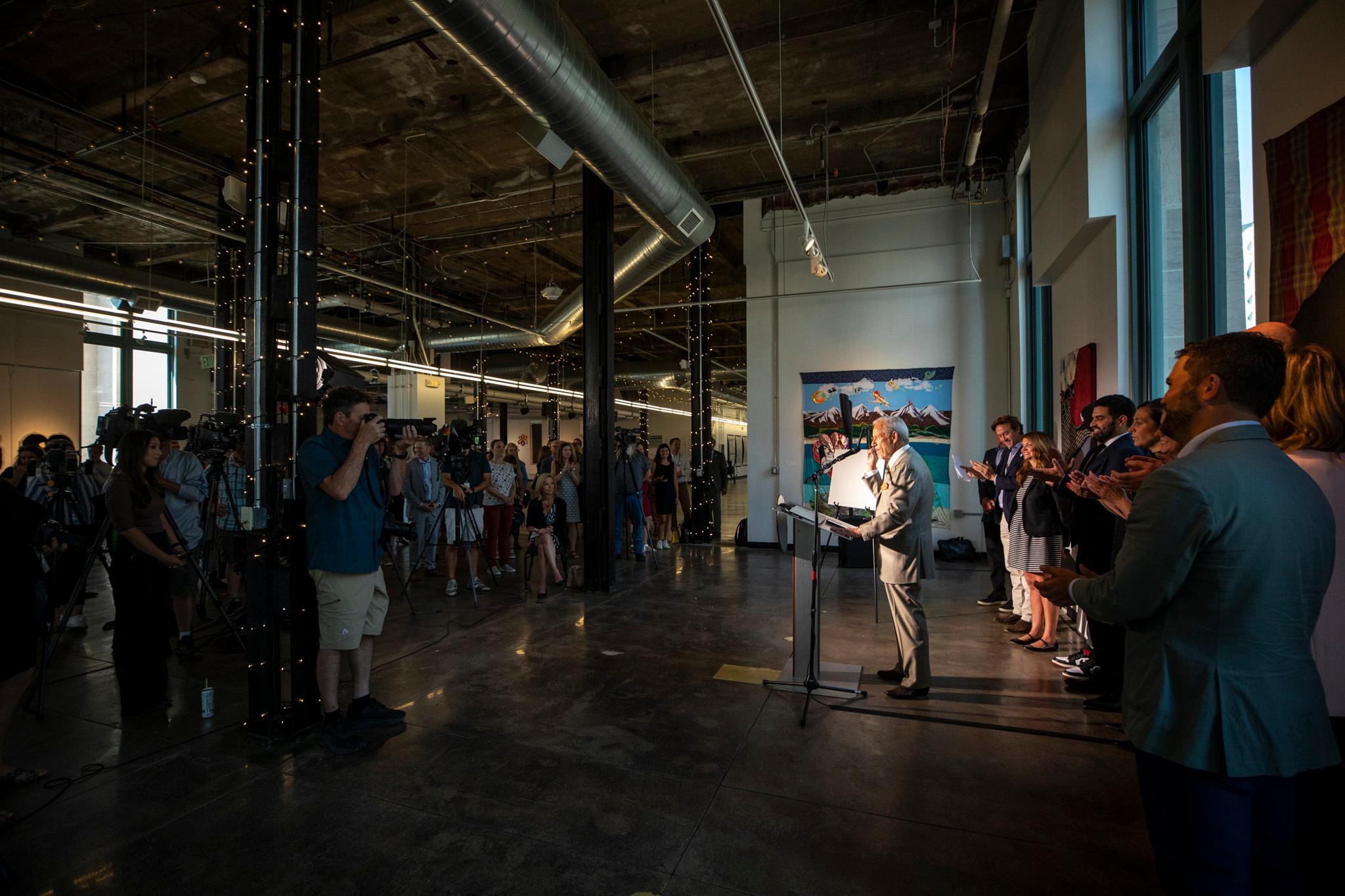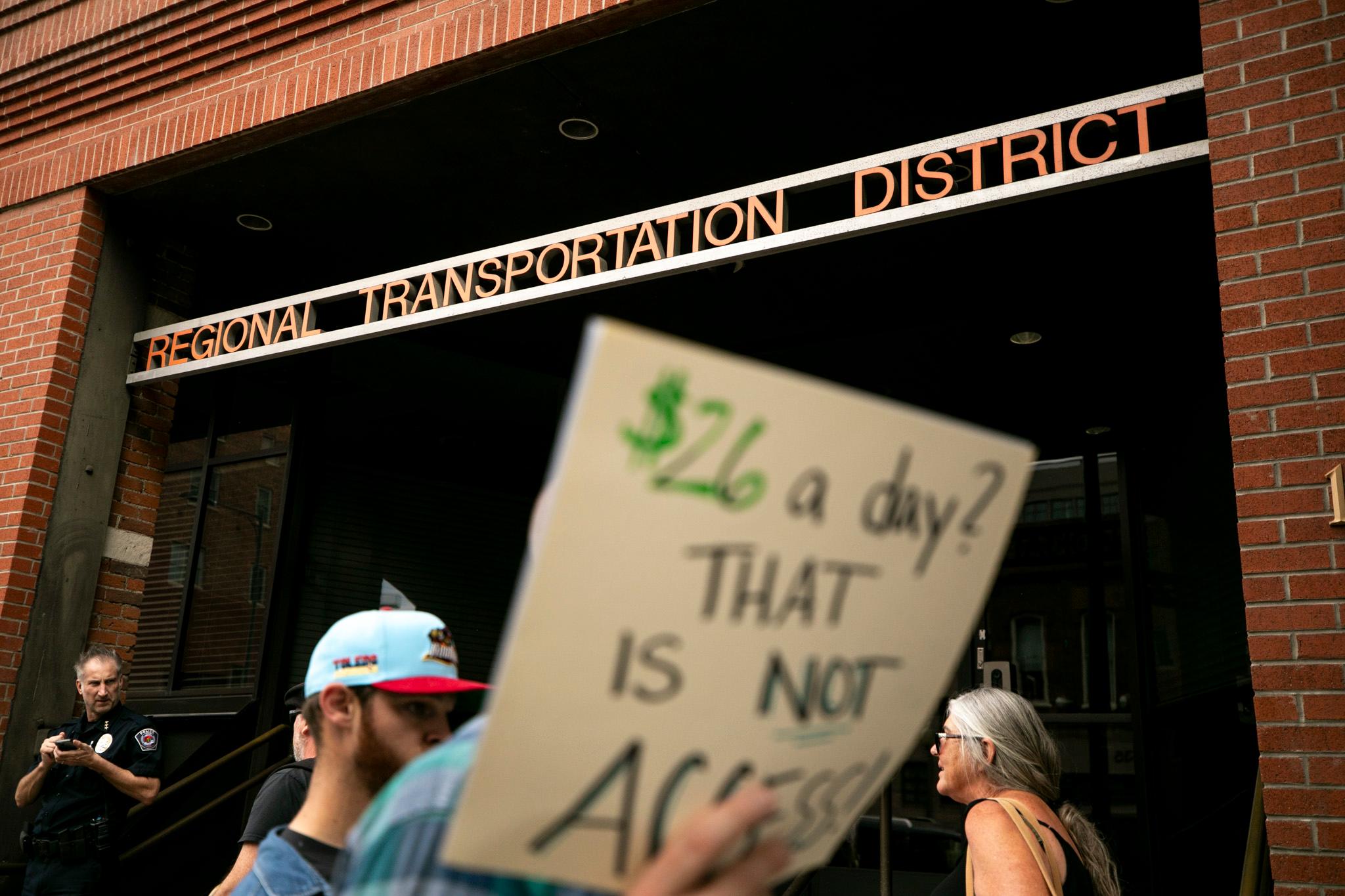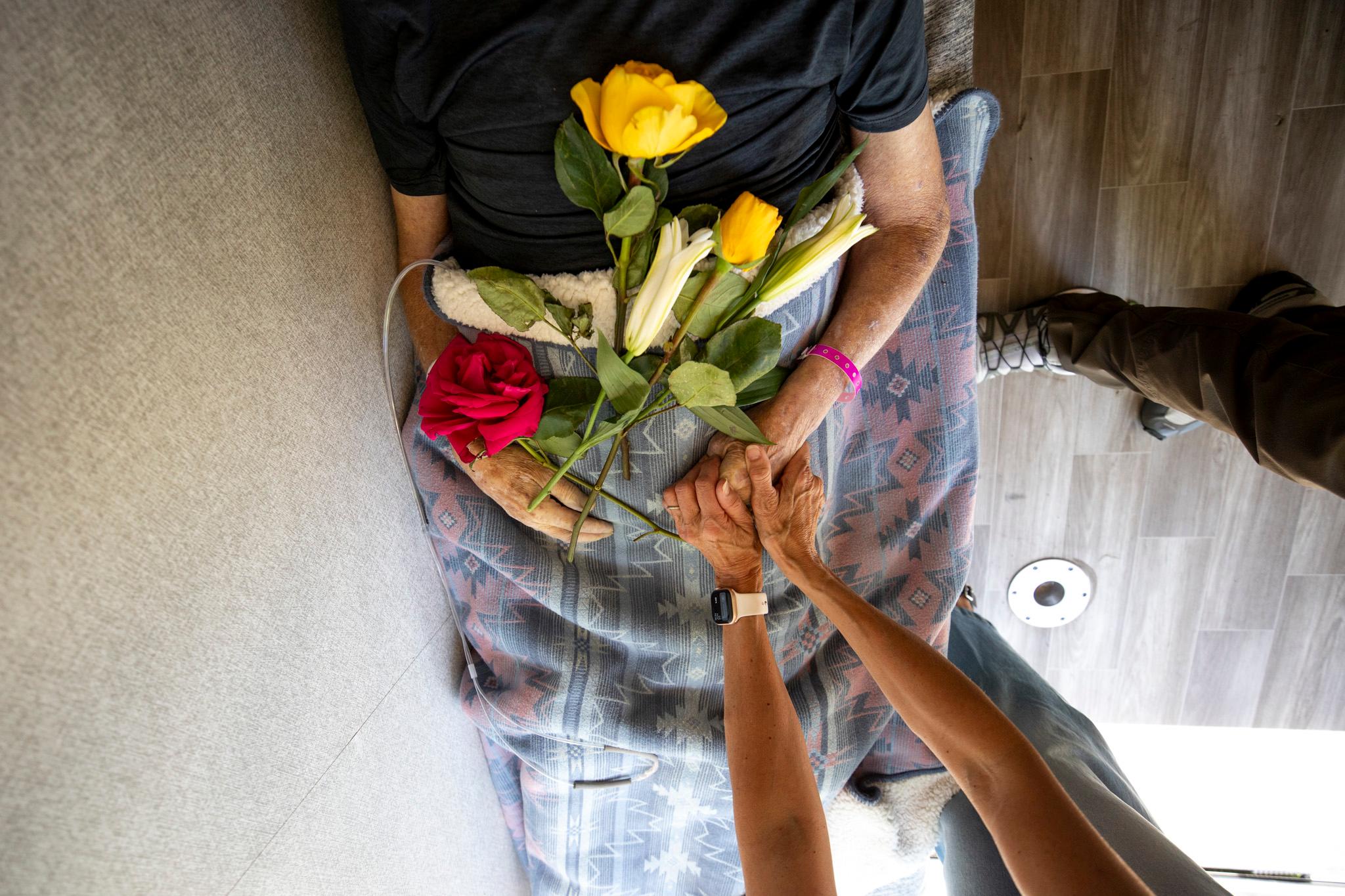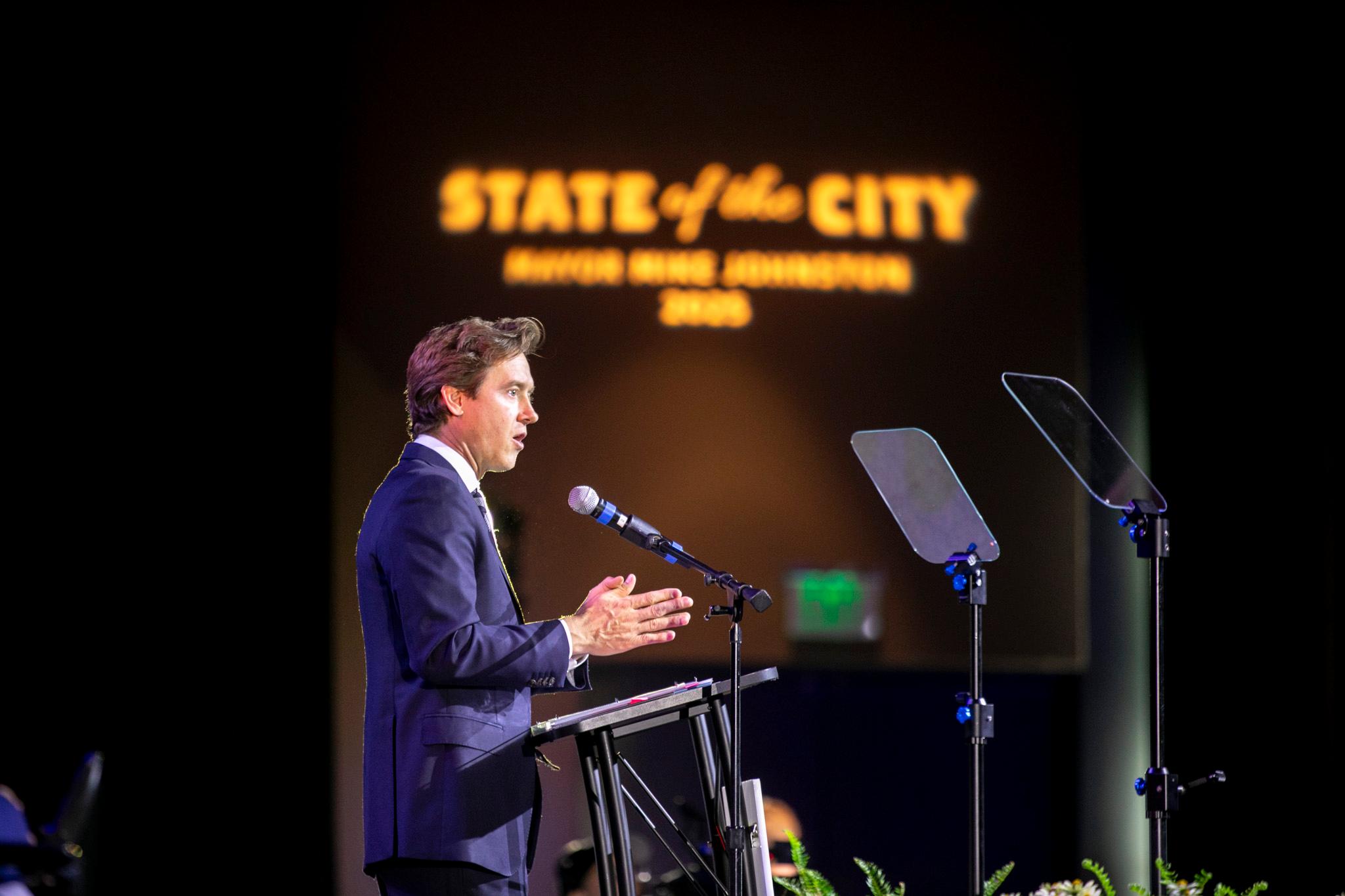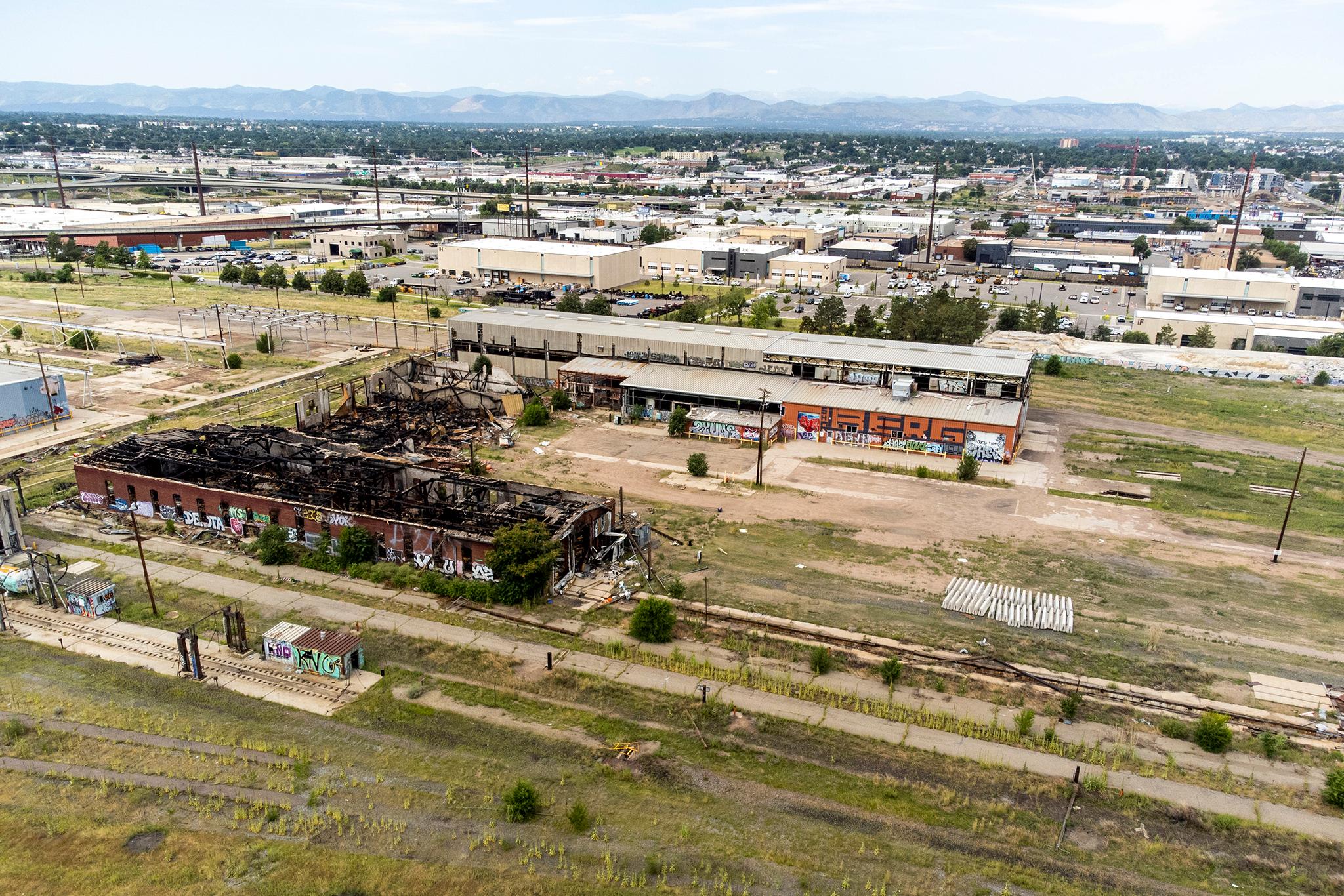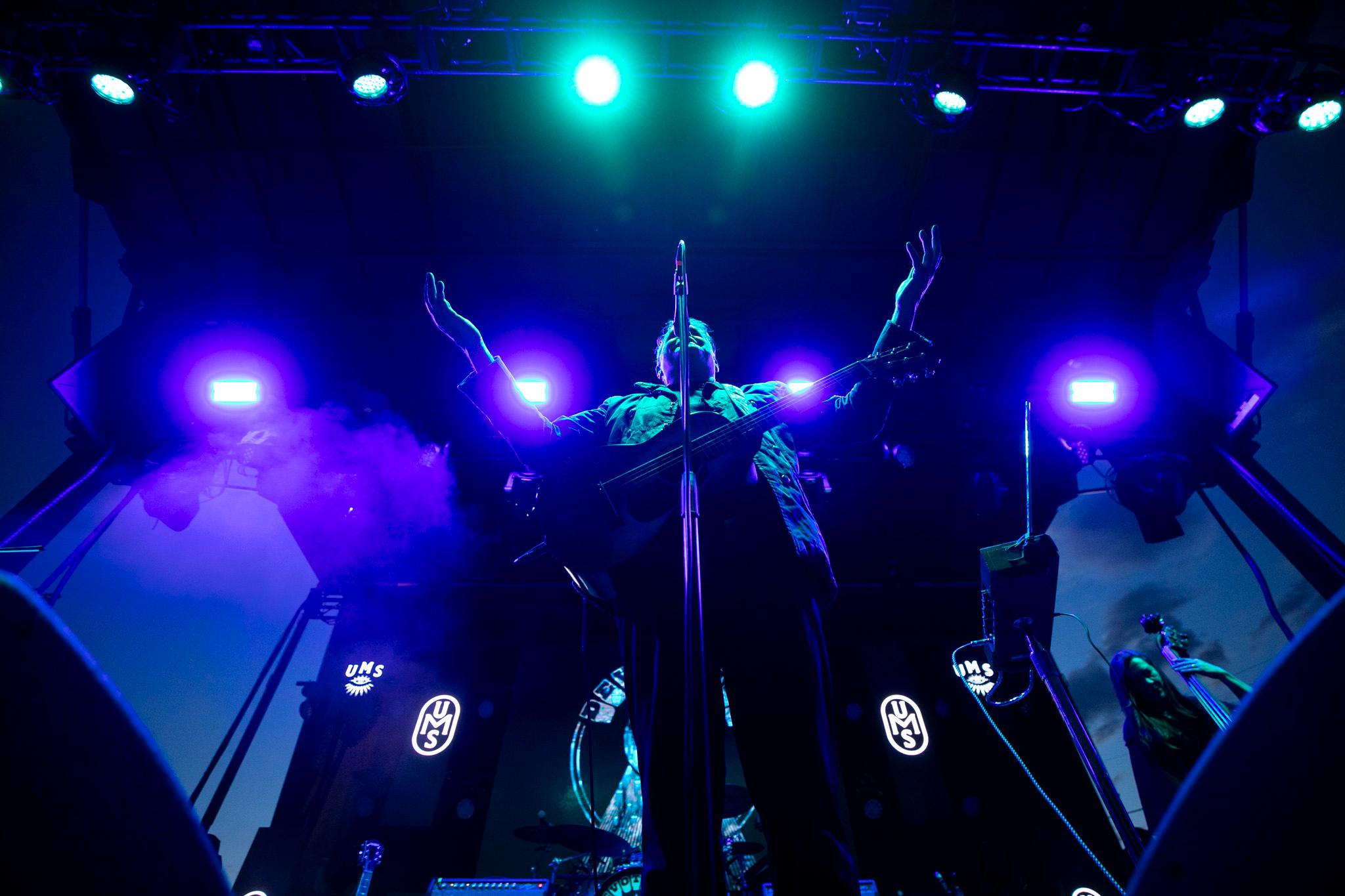The Denver Public Schools board of education voted unanimously Friday to release the recording of a March executive session meeting, three months after the meeting where members decided to suspend a 2020 policy that banned police on school campuses.
At issue was whether the meeting was illegal under Colorado's open meetings laws. The board's motion during the special meeting directs staff to release the recording, absent information that would identify specific students.
Board member Charmaine Lindsay said that, in the interest of transparency, it was for the best that the board release the recording of the special meeting held prior to the vote.
"I don't think anybody has anything to hide," she added.
It's unclear when the recording will be released.
Several news organizations sued the school district alleging the executive session violated Colorado's open meetings laws when it met in an executive session March 23, a day after two East High administrators were shot by a student, Austin Lyle, who later took his life.
After the five-hour closed session, the board approved a prepared memo in public session to allow armed police back into the district's high schools. Shortly after, the board installed school resource officers and additional mental health staff to Denver high schools for the remainder of the year. It also directed Superintendent Alex Marrero to craft a districtwide school safety plan.
"I believe that they (recordings) shouldn't have been hidden in the first place," said board vice-president Auon'tai Anderson who held a press conference following Friday's vote.
"Our communities deserve to see the raw passion, emotional conversation that we had as a board that led to the result of a temporary return of school resource officers."
According to Anderson, during the executive session, board members discussed Lyle and the belief that former mayor Michael Hancock would force the district to reinstall police in schools.
In June, Denver District Court Judge Andrew Luxen ordered the district to turn over recordings of the March 23 meeting. The judge ruled the topics discussed in the executive session meeting were not allowed under state law to be secret. Adopting policy or making formal decisions isn't allowed in executive sessions.
The district has opposed the release of the recording. Last month DPS appealed the district court ruling to the Colorado Court of Appeals. The district argued that executive sessions are appropriate to discuss security arrangements and criminal investigations.
Anderson said the executive meeting should have been public. He said Superintendent Alex Marrero called the closed-door meeting, which he described as a "heated discussion."
"It may not make all of us look great. I was in a lot of pain (from surgery) and was very emotional but I am committed to ensuring that there's transparency among the Denver Public Schools and those we represent."
Anderson had alleged that Hancock threatened to issue an executive order if the board refused to act on reinstalling police officers into schools. Hancock's office denied that.
Anderson, who is stepping down from the school board to run for state office, was reprimanded by Gaytan for disclosing information from the executive session. Anderson said Friday that he hopes to get an apology from Hancock.
Some board members expressed frustration that Anderson and others had called for the release of the recordings after the court's ruling, but nothing was done at that time. The board typically doesn't meet in July.
"Why now?" Quattlebaum asked. "Why the urgency during the month of July when there was no urgency in June?"
Gaytan said acting now was more about ensuring that the board gets back to business before school resumes.
Anderson hopes this closes a chapter for the DPS board.
"I think that the Board of Education now has a duty to get back to work, to focusing on implementing the long-term safety plan, supporting our superintendent and to make sure that we have no more distractions in this term of office with this board."

